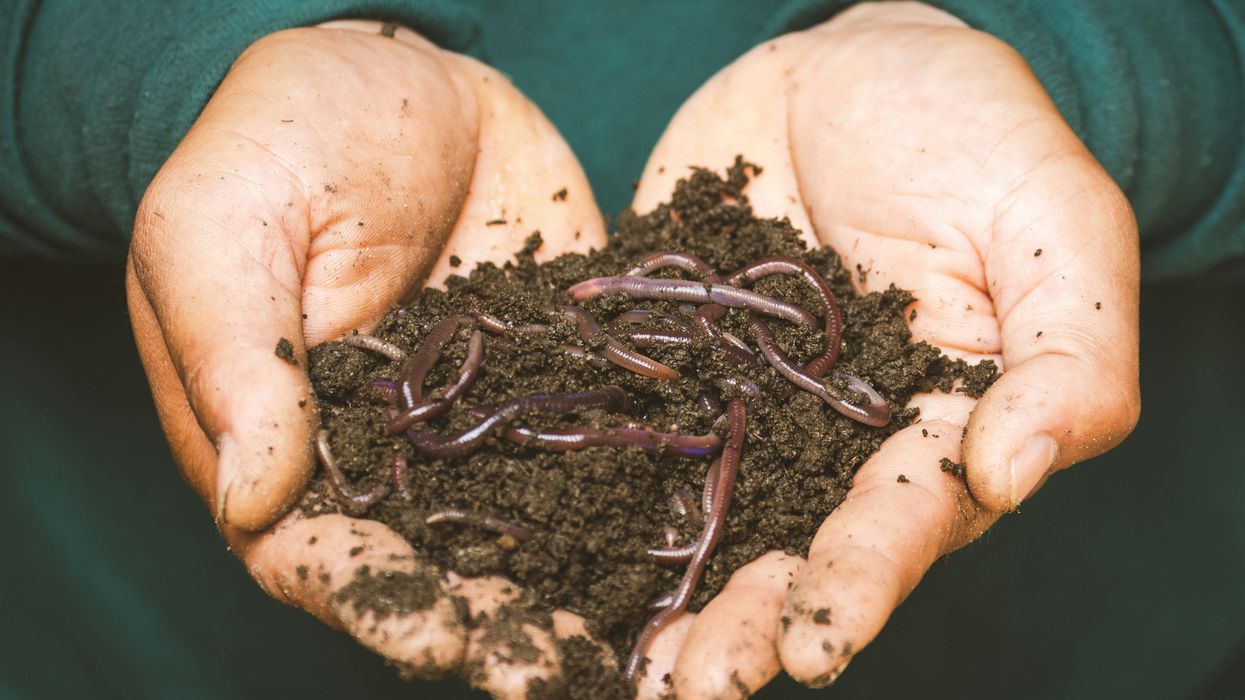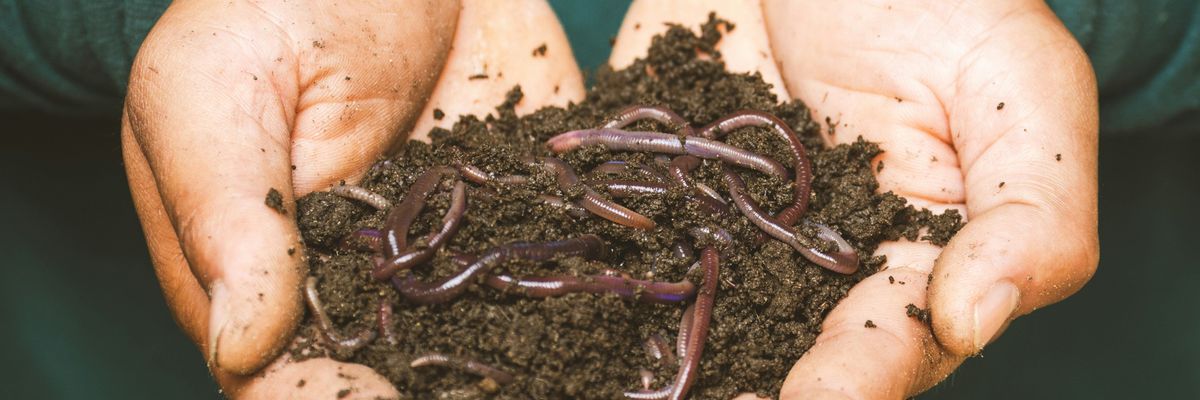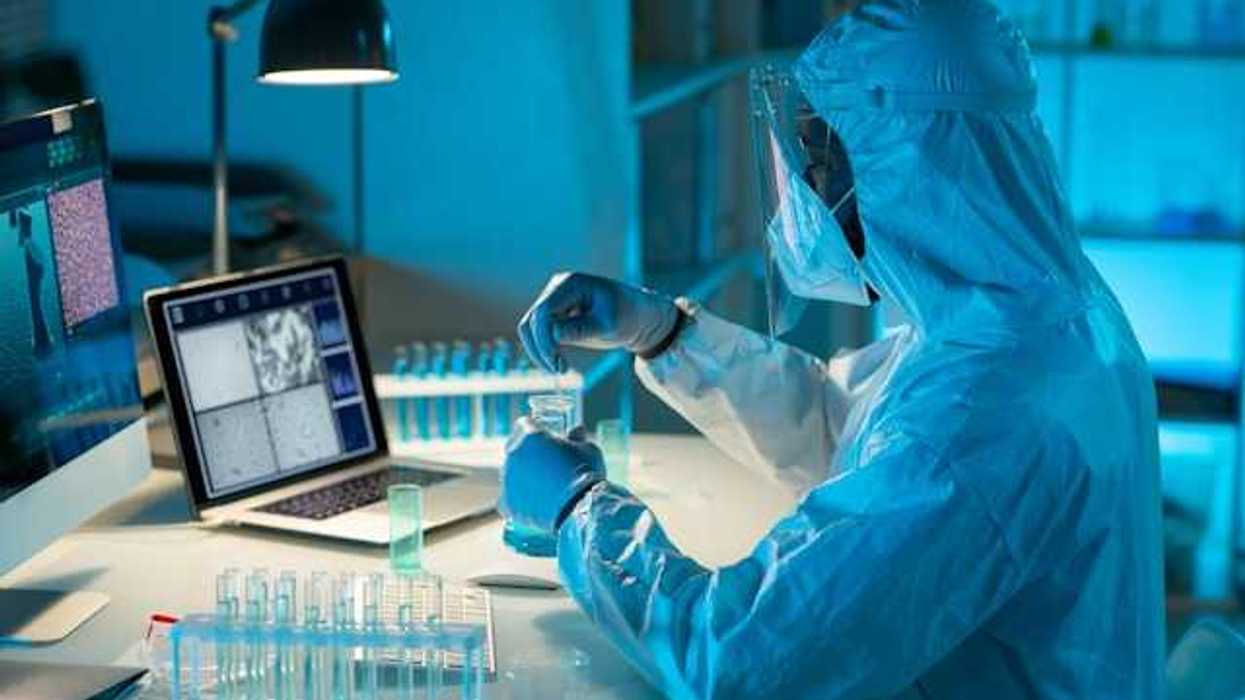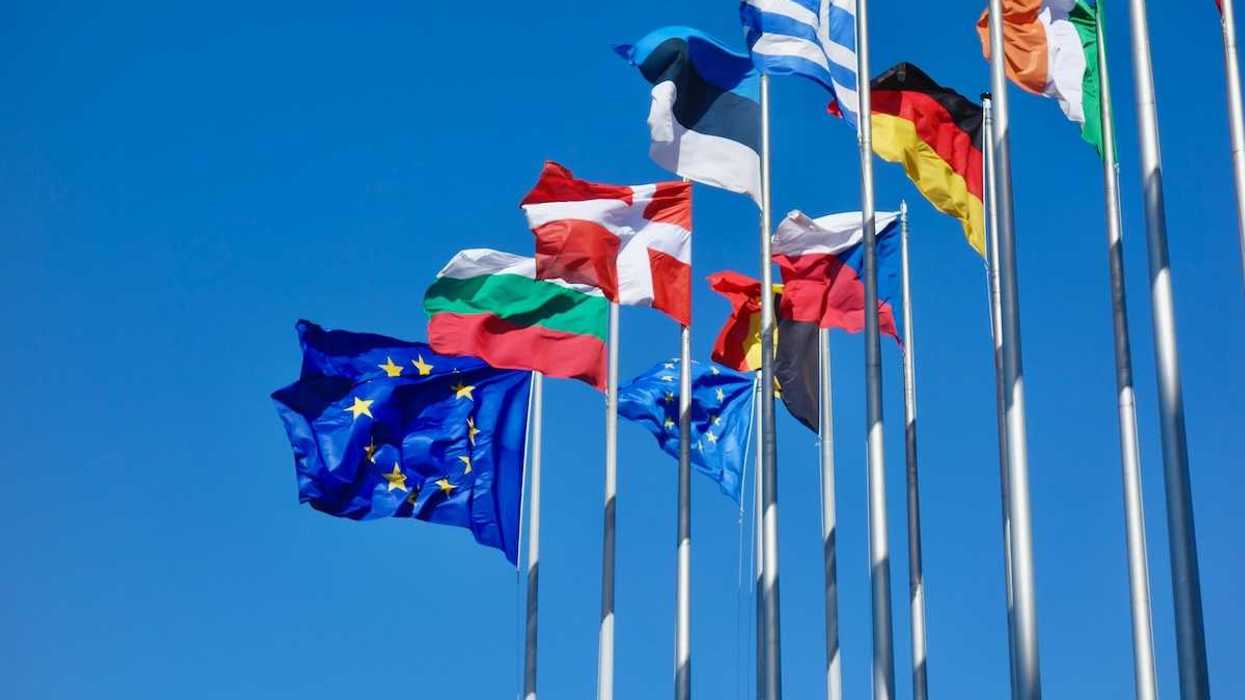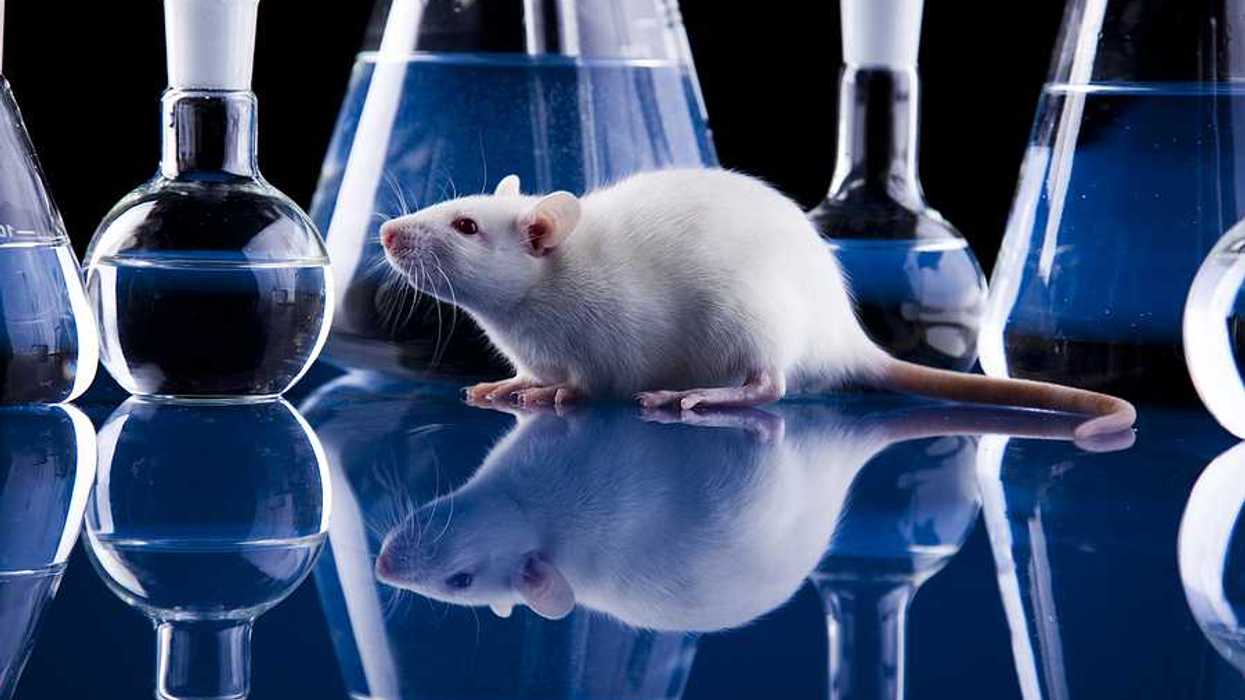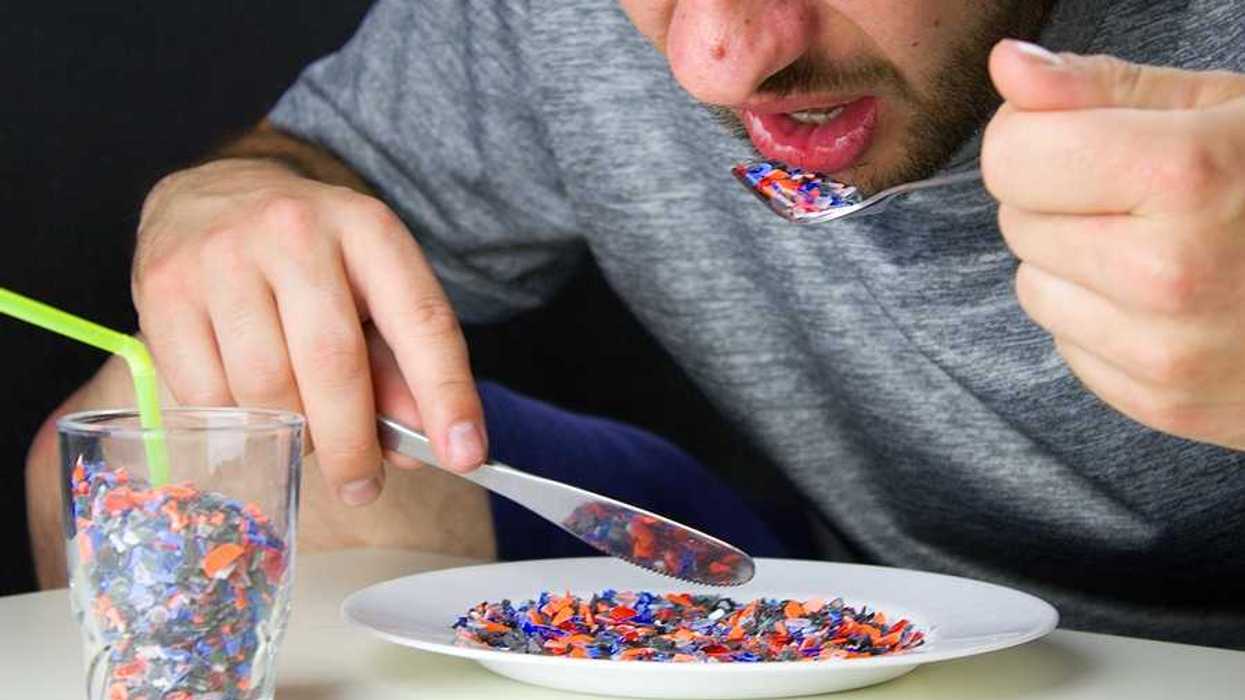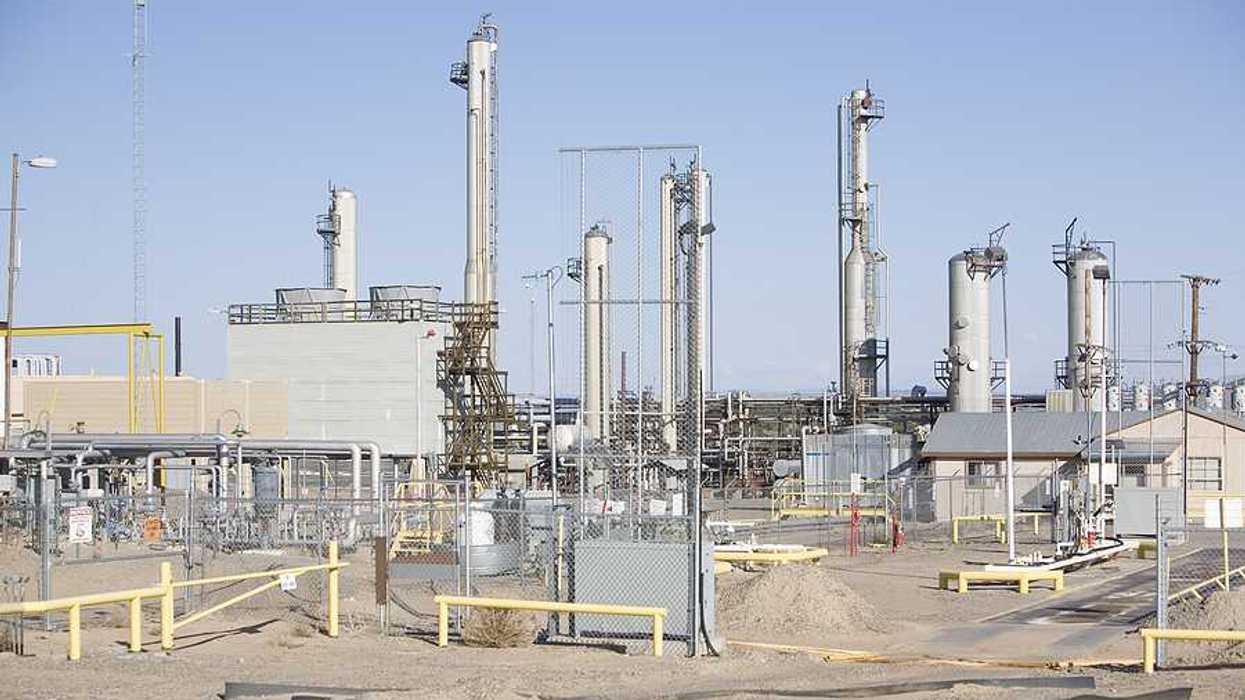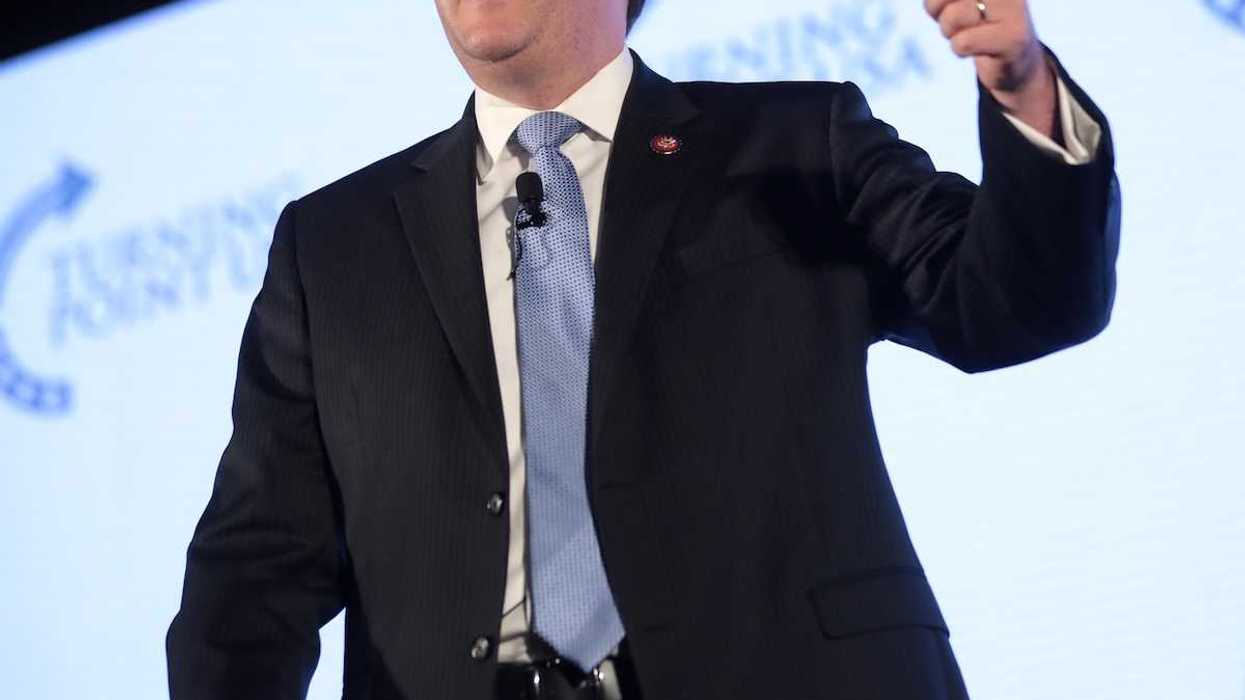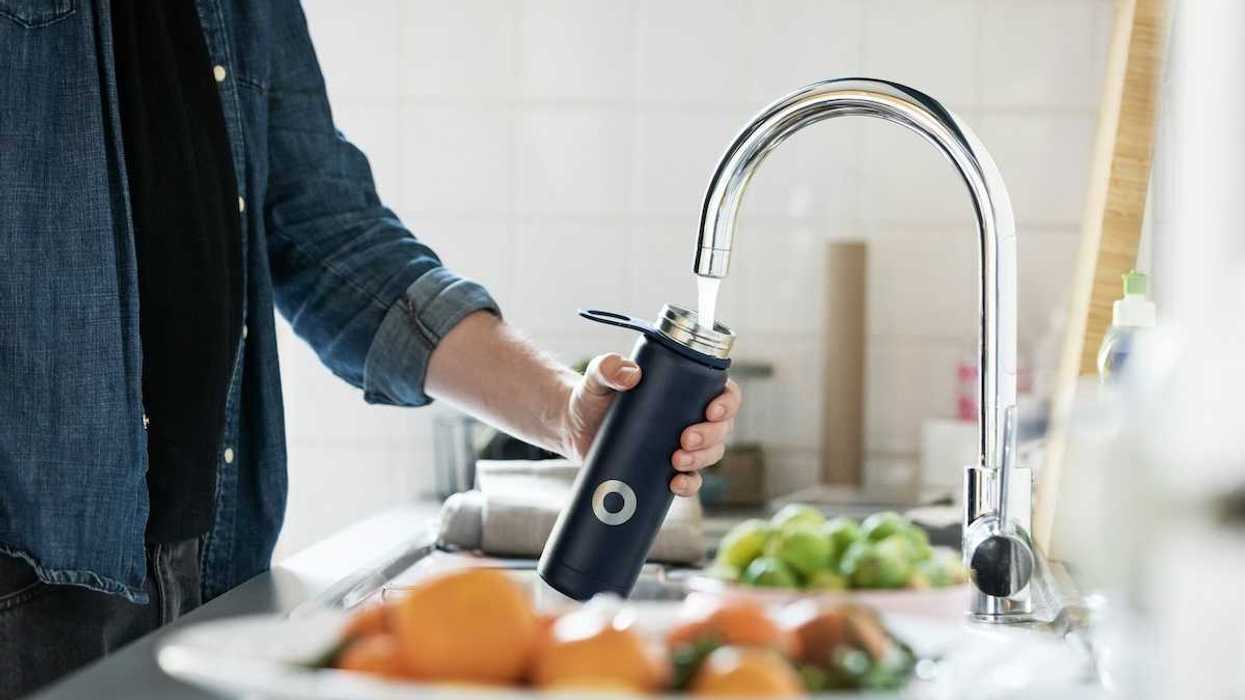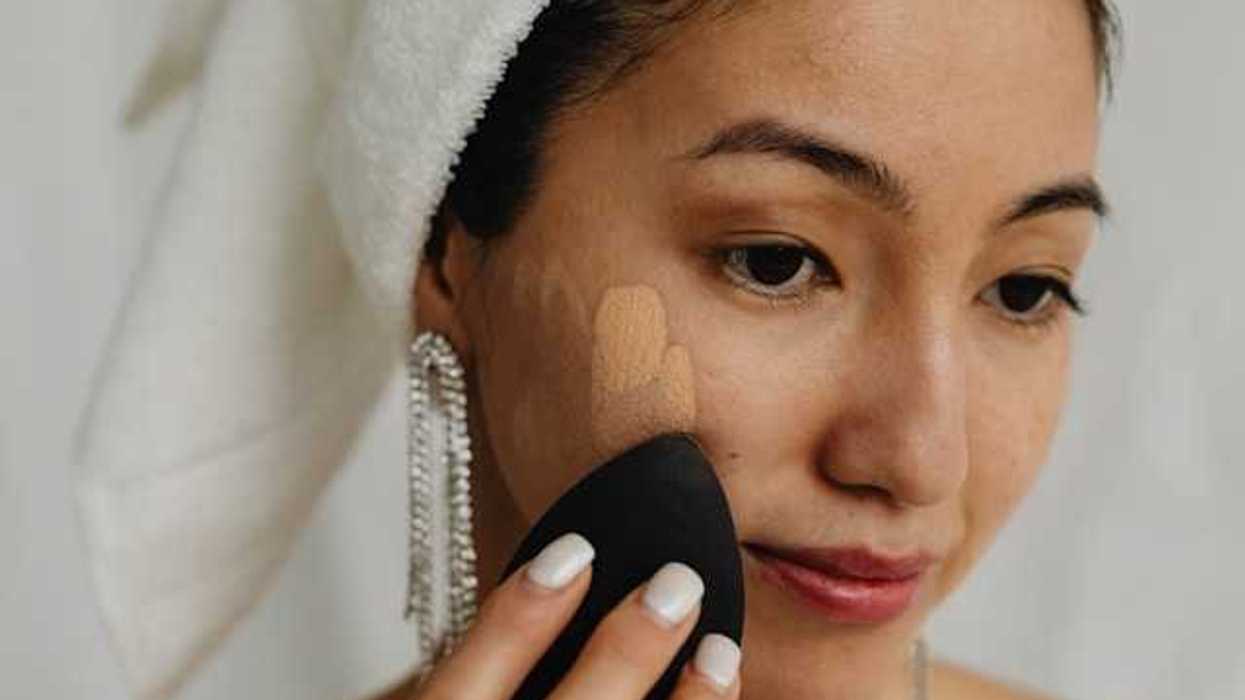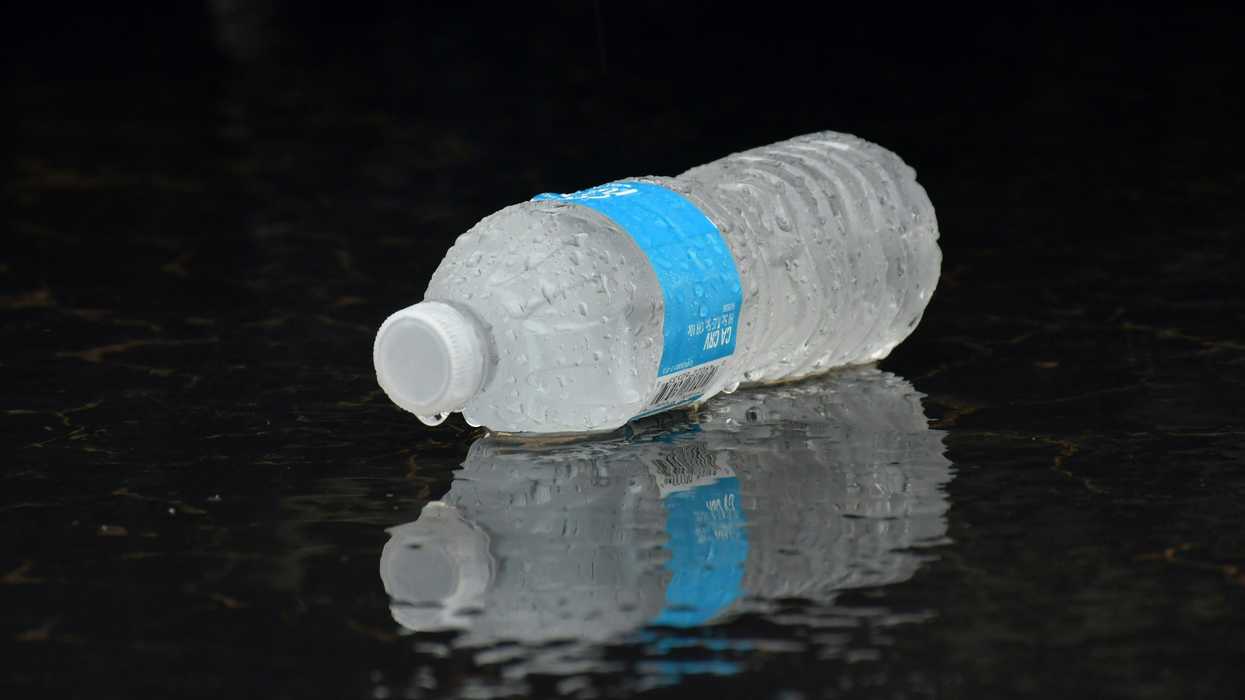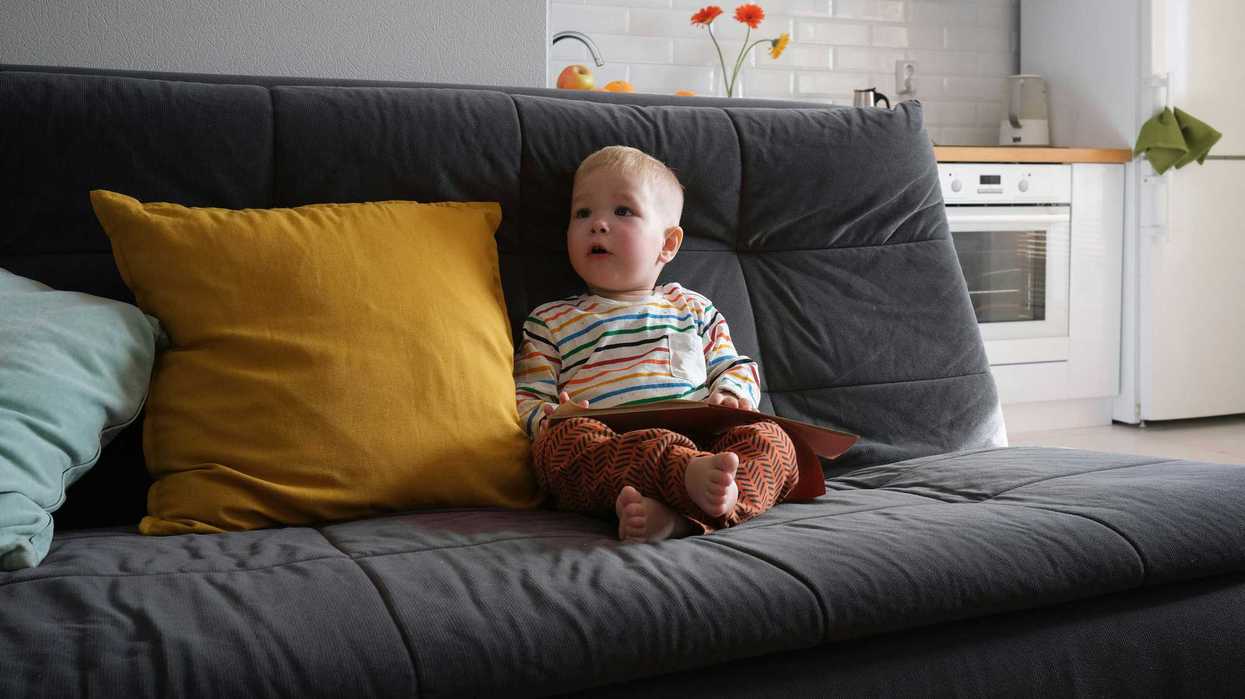Microbes found in the guts of plastic-munching worms may help us break down plastic more efficiently, according to a new study published in Environmental International.
In short:
- By extracting the gut microbiome of “superworms,” the authors were able to create a stable colony of plastic-degrading microbes.
- Isolated microbes could prove to be more practical for breaking down plastics than worms, which are challenging to work with.
- The study results suggest that microbes may be capable of processing many different types of plastic.
Key quote:
“There is an imperative need for us to manage used plastics in a more sustainable manner…. Biodegradation has gained increasing attention because of its environmental friendliness and high cost-effectiveness.”
Why this matters:
Only about 6% of the plastic manufactured over the past seventy years has been recycled. Many current methods of recycling - including mechanical and chemical recycling - come with serious drawbacks, like the increase of toxic chemicals and the output of hazardous waste. While it’s critical to advocate for limits on plastic production, biodegradation methods like the one explored in this study could offer a safer and more sustainable option for breaking down existing plastic waste.
Related EHN coverage:
- Chemical recycling “a dangerous deception” for solving plastic pollution: Report
- Op-ed: Building a safe and sustainable chemical enterprise
Liu, Yi-Nan et al. for Environmental International vol. 183. Jan. 2024

